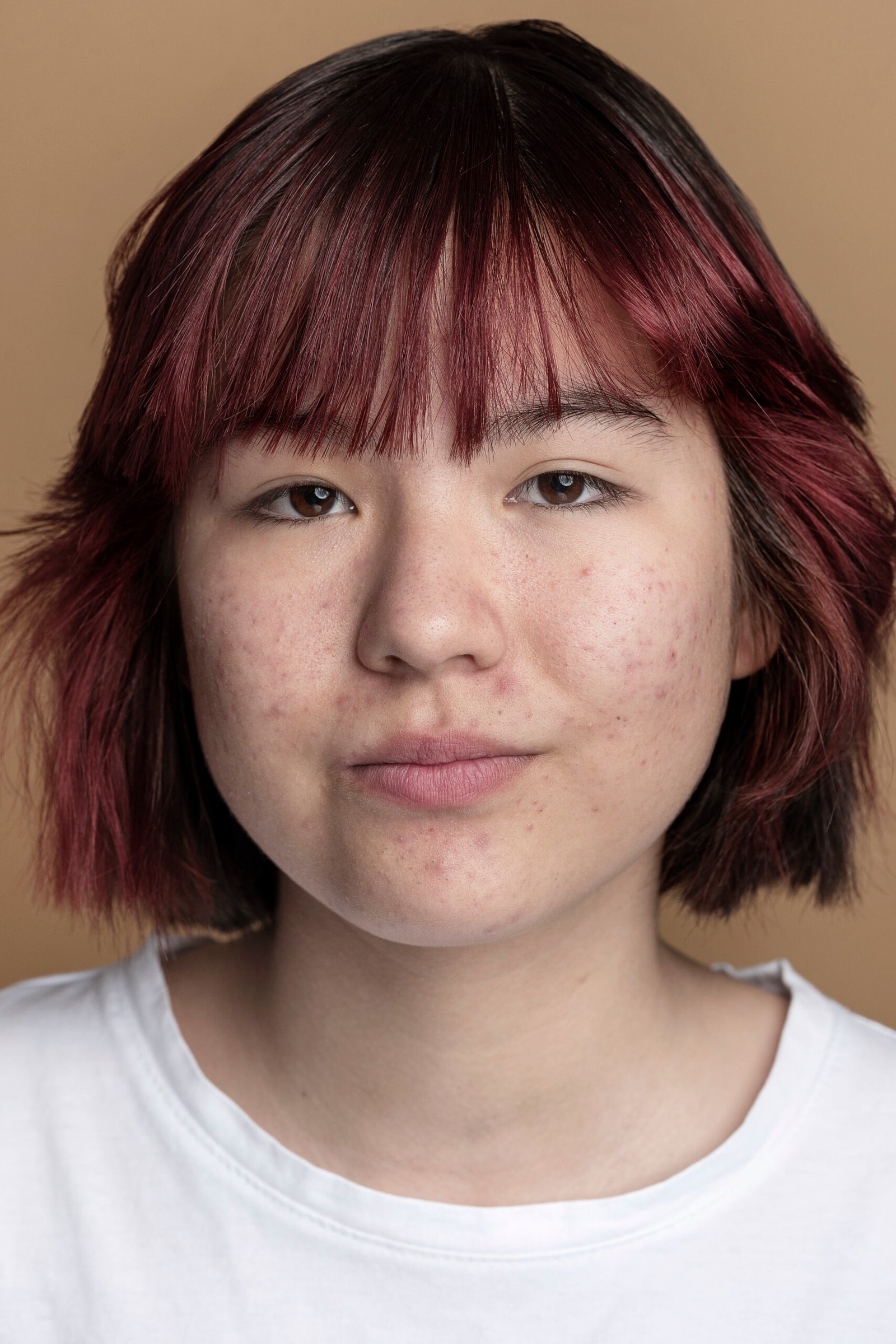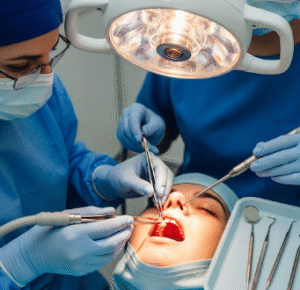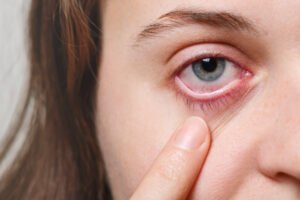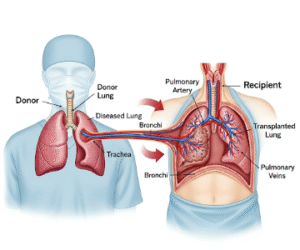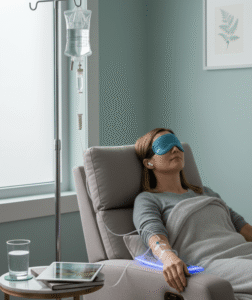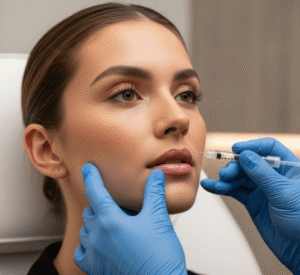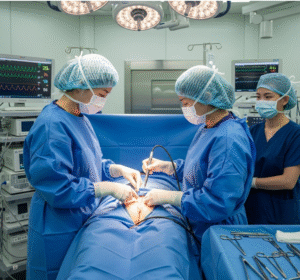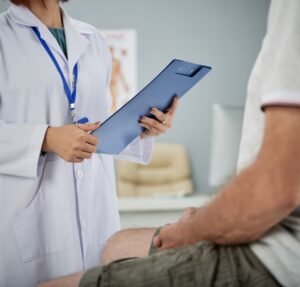Overview
Skin conditions encompass a wide range of disorders that affect the skin’s appearance, texture, and function. These conditions can be acute or chronic, infectious or non-infectious, and mild or severe. In Korea, skin health is taken seriously both medically and culturally, with widespread access to advanced dermatological care, cosmetic dermatology, and traditional therapies.
What are Skin Conditions?
Skin conditions are disorders that impact the skin, the body’s largest organ. They can result from infections, allergies, autoimmune issues, environmental exposure, genetic factors, or other systemic diseases. Some common types include eczema, acne, psoriasis, rosacea, fungal infections, and dermatitis.
Korea offers cutting-edge diagnosis and treatment for both medical and aesthetic skin issues, combining Western medicine with traditional Korean methods.
Symptoms
Depending on the condition, symptoms may include:
- Redness, inflammation, or swelling
- Rash or itchiness
- Blisters, bumps, or nodules
- Dry, scaly, or flaky patches
- Discoloration or pigment changes
- Pain, burning, or stinging sensations
- Ulcers or sores that don’t heal
Causes
- Infections: Bacterial (e.g., impetigo), viral (e.g., herpes), fungal (e.g., athlete’s foot), or parasitic (e.g., scabies)
- Allergic Reactions: To food, cosmetics, medications, or environmental allergens
- Autoimmune Disorders: Such as lupus or psoriasis
- Genetic Predisposition: E.g., atopic dermatitis or ichthyosis
- Environmental Exposure: UV rays, pollution, extreme weather
- Hormonal Imbalances: Particularly with acne
- Lifestyle Factors: Stress, poor hygiene, or harsh skincare routines
Risk Factors
- Family history of skin conditions
- Excessive sun exposure
- Living in polluted environments
- Poor immune system function
- Diabetes or other chronic diseases
- Use of irritant cosmetics or personal care products
- Stress and mental health issues
Complications
If left untreated, skin conditions may lead to:
- Chronic inflammation or permanent scarring
- Skin infections due to scratching
- Psychological issues like depression or low self-esteem
- Spread of infection to others (in contagious conditions)
- Delayed wound healing
- Disruption of daily life or sleep due to itching and pain
Prevention
- Maintain good hygiene
- Use hypoallergenic skincare and detergents
- Apply sunscreen daily
- Stay hydrated and eat a balanced diet
- Avoid known triggers (e.g., allergens or irritants)
- Manage stress through relaxation techniques
- Seek early treatment for minor symptoms
Treatment Options in Korea
Diagnosis
Korean dermatologists perform thorough physical examinations, often supported by:
- Dermatoscopy
- Skin biopsy
- Allergy patch testing
- Blood tests for autoimmune markers
- Fungal or bacterial cultures
Medical Treatments
- Topical creams: Steroids, antifungals, antibiotics, or moisturizers
- Oral medications: Antihistamines, antibiotics, immunosuppressants
- Biologics: For autoimmune skin disorders like psoriasis or eczema
- Phototherapy: UV light treatment for conditions like vitiligo or psoriasis
Cosmetic & Laser Therapies
- Laser resurfacing for scars and pigmentation
- Chemical peels and microneedling
- Acne and mole removal treatments
- Skin whitening and rejuvenation procedures
Traditional Korean Medicine
- Herbal compresses or decoctions
- Acupuncture
- Saam acupuncture techniques
- Korean red ginseng or green tea extracts

